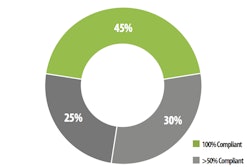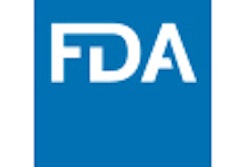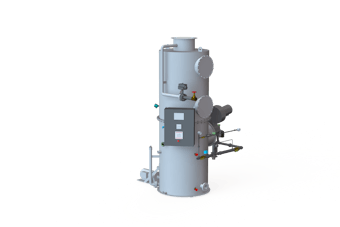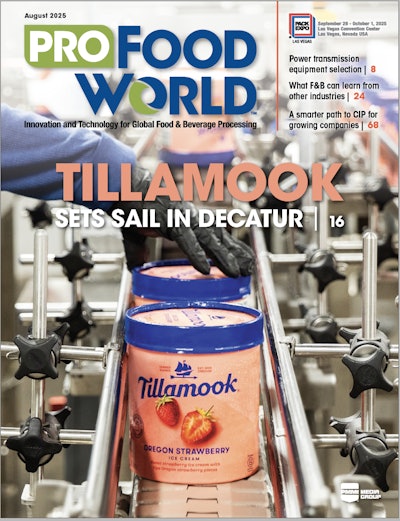
The fall of 2017 marks the need for small to midsized CPG companies to comply with the new rules. Companies with 500 or fewer employees and those registered with FDA must implement the new FSMA rules. Large companies are already required to comply, and very small companies have another year to get ready.
FSMA is all about prevention. Past thinking by FDA regulators was that they could enter and inspect a plant and make recommendations about any problems they discovered. The inspection approach was used for decades until HACCP (Hazard Analysis Critical Control Point) came along in the ’90s. HACCP plans prevented hazards before they occurred, as opposed to trying to find operational faults and fixing the problems after they happened. Before FSMA, recalls protected the public if a problem arose. This reactive inspection and recall approach is being replaced by a modern preventive approach.
Preventive controls are established in a food safety plan to mitigate the identified hazards that may have an impact on consumers’ health. Hazards are classified in three major categories: biological, chemical and physical. Examples of hazards include pathogenic micro-organisms, allergens and bits of metal. FSMA defines a hazard as a situation that needs a preventive control. Preventive controls are identified using a hazard-analysis approach and form the basis of a food safety plan. Developing and following the plan places food safety responsibility on the manufacturer.
Small to midsized companies should develop an implementation plan for their FSMA programs. This may not be an easy task if the company is going from basic sanitation programs, like Good Manufacturing Practice (GMP), to the more complex preventive control programs required in FSMA. Due to limited resources, some companies may seek the assistance of outside consultants to assist them, especially if they don’t have an in-house Preventive Control Qualified Individual (PCQI). A step-by-step approach is a good way to get started.
10 suggested steps for FSMA Compliance
1. Determine if your company must comply. If you produce (manufacture, process, pack or hold) FDA-regulated food (both domestic and foreign companies) that is consumed in the United States, you most likely must follow the FSMA rules for human foods.
2. Secure support and resources from management
to get the ball rolling. Identify an internal or external PCQI, who will oversee the development of the food safety plan.
3. Determine what’s required for implementation. For example, if you only have cGMPs in place, look toward HACCP principles and plans to help you transition into FSMA. If you have a HACCP plan, build on it to develop your food safety plan.
4. Develop your food safety plan. This includes a hazard analysis for biological, chemical and physical hazards and assigning preventive controls (e.g. process controls, food-allergen controls, sanitation controls and supplier controls) to those hazards likely to cause illness or injury.
5. Establish ways to monitor these preventive controls. Also establish corrective-action procedures to follow if the controls fall outside of critical limits.
6. Validate process controls using scientific literature or in-house data. This demonstrates that the process controls are appropriate and consistently effective.
7. Have a robust supplier program. Establish or fine-tune your supplier selection and specifications program. If suppliers are controlling hazards for you, include auditing steps, especially if the supplier is foreign. Then follow the Foreign Supplier Verification Program rules.
8. Audit to verify that the food safety plan is working. Verify the monitoring activities are done correctly and that the plan is designed properly.
9. Refine record-keeping procedures. Ensure good records and documents are available for use by the organization and/or by inspectors.
10. Train management and line workers on the importance and operations of the food safety system. Establish a food safety culture within the facility.
Jeffrey Barach is an FSMA consultant to PMMI, The Association for Packaging and Processing Technologies.



















